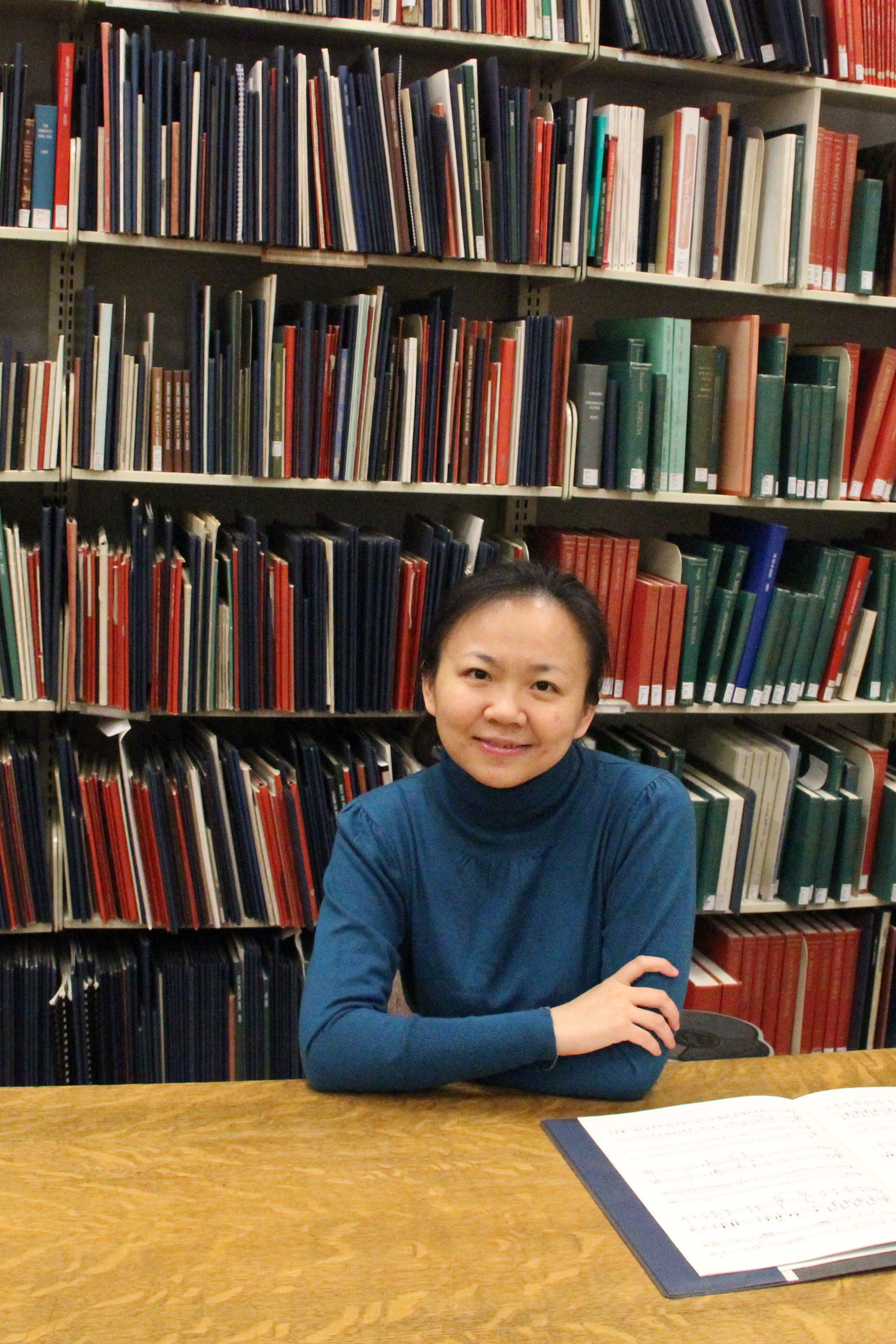Yang Min's View of World Multiculturalism from the Perspective of Chinese Music
SOON after giving a lecture on Chinese folk music to the Chinese language class for senior students at Wesleyan University, Yang Min received a warm "thank you" letter from Nadia Georgieva, a senior student majoring in Government and French. Georgieva so expressed her appreciation: "It was one of the best lectures I have ever had… I hope you'll be able to continue to share your talents and unique cultural perspective with students here in the U.S."

Over the past seven years, Yang Min has been invited to share her expertise and knowledge of contemporary Chinese music with the faculties and students of a number of American Universities. As a PhD candidate in ethnomusicology at Wesleyan University, which offers one of top world music/ethnomusicology programs, Yang Min is devoted to her research and practice of contemporary music and culture among China's ethnic minorities. Her research acts as a bridge of cultural communication and understanding between China and the United States, as well as China and the world.
Yang Min has contributed to U.S. and world multiculturalism through her distinct perspective on Chinese music as a process and product of Chinese culture. As a Chinese mainland music scholar in the U.S., Yang Min's groundbreaking research on the matrilineal Mosuo music and Korean minority hip-hop culture has demonstrated to global academia the vibrant vitality of Chinese ethnic minority music. In expanding the presentation of these scholarly themes to larger music culture projects, Yang Min has, as a music research project, also participated in world-renowned Chinese-American composer Tan Dun's two global projects - the "Dunghuang project" and "Silk Road project." Both are fully supported by the U.S.-based Dunhuang Foundation and UNESCO. The wide range of ethnic music styles along the ancient Silk Road and the Dunhuang frescos that feature various musical instruments are sources of inspiration for Tan Dun's upcoming production. Yang Min's research role, which relies on her intellectual insight, is to transpose the original musical "codes" from China and beyond to Tan Dun's compositional language, and so celebrate the wealth of China and its global counterparts' music culture.
As an internationally recognized Chinese scholar, Yang Min has kept her focus on the collisions and exchanges of Chinese and other world music cultures. They inform our understanding of Chinese music in both its native setting and in the US context, and how it relates to contemporary global exchanges with other music cultures.
- The Revered Yellow Emperor: Grandest Sacrificial Ceremony-Intangible Cultural Heritage
- The Revered Yellow Emperor: Grandest Sacrificial Ceremony
- Printing
- Promote Cultural Exchanges and Seek Cooperation and Common Development — The First Silk Road International Cultural Expo Will Kick off in Dunhuang City in September
- Culture Speaks
